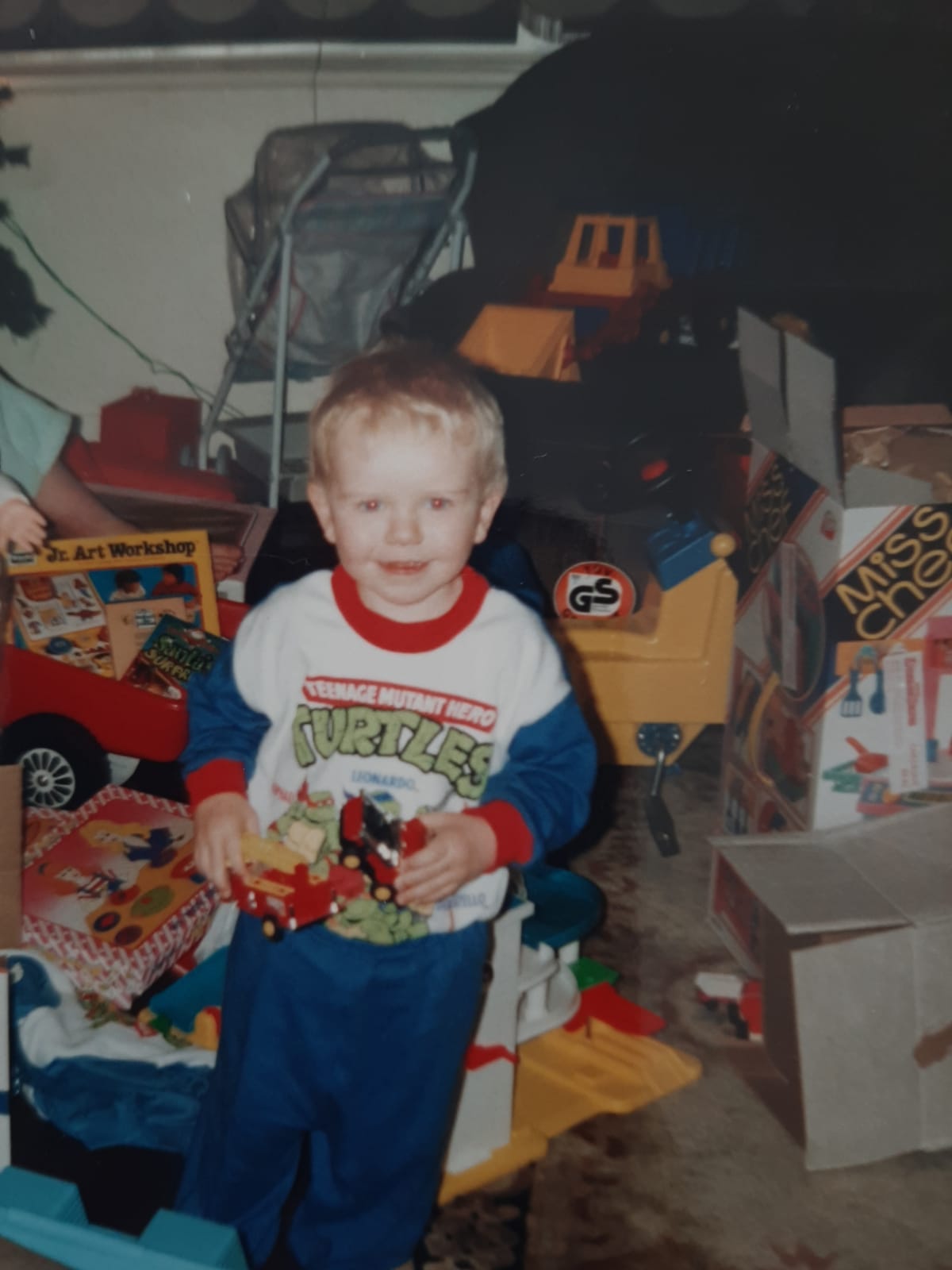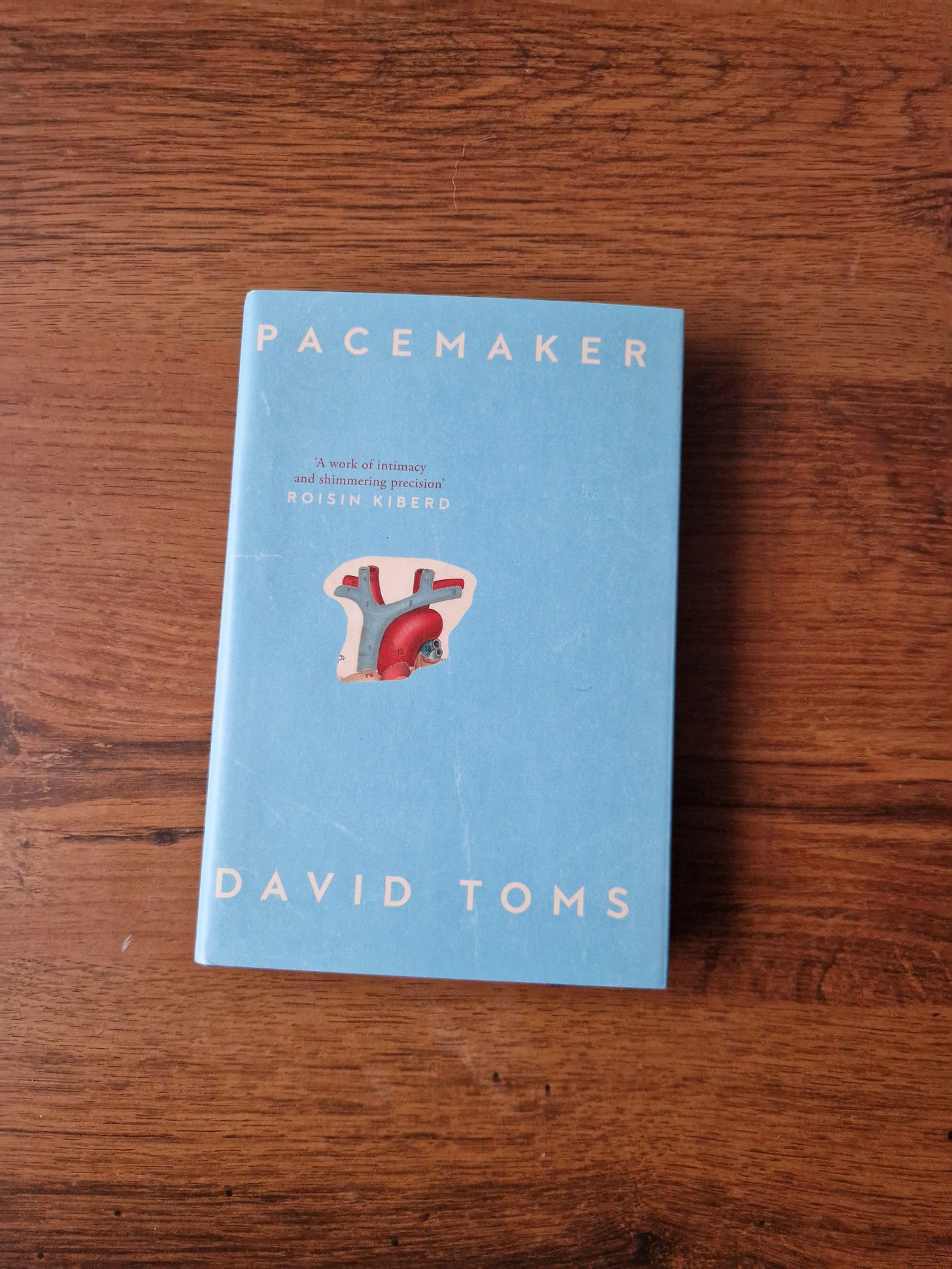As we approach Christmas season, and the darkest point of the year, my thoughts are turning towards the ever vexed question of the “meaning” of Christmas.
Christmas is a time of the year when we have to face down the inequalities in our society. It is the time when the absence of abundance in the lives of many is most apparent. In the story of Christ’s nativity, we have the stark contrasts of earthly riches presented by the magi and the poverty in which the saviour is to be found.
Christmas was, and remains, my favourite time of year.
Growing up as the youngest child of a large family, I loved the noise and excitement of Christmas morning. I loved getting presents and seeing people all dressed up in their best, new clothes. There was a sense of togetherness. A sense of sharing. Of joy and laughter. Another year done. The highpoint of a year’s work. I couldn’t wait for Christmas day.
Even now as an adult, I find it hard to stay in bed much later than about 6am on Christmas morning (In Ireland, we get presents on the 25th and not the 24th). Some of my strongest memories of Christmas as a child are linked to my father. During my childhood, my older brothers and sisters no longer lived at home. So, it was just me and my sister who is a little under two years older than me. My dad was usually last up and down the stairs, or, we having gone through our presents downstairs with my mother, went up to wake him and show him what we got and to give him his presents from us.
I loved buying my dad Christmas gifts. Most years throughout my childhood and even later, he got Old Spice from us. I cannot see a bottle of Old Spice and not think of him. To me, that classic scent is the scent of my father. Occasionally we bought him other things – handkerchiefs, socks, scarves, books occasionally (usually coffee table books on horse racing), there were even DVDs for a period. I wonder if he ever watched any of them.
While some things changed about Christmas as we got into our teenage years (Santa disappeared for one), one thing didn’t and became even more regular. Normally, we let dad lie in and went upstairs to him after me, mam and Georgina had been downstairs a while already but before breakfast was quite ready. In my teenage years it more often had to with the fact that he worked late nights.
When I was about the age of 8 or 9, my dad became a taxi driver. Shortly thereafter, having tired of driving for others (there was no money in that), he started driving for himself, and managed to get a taxi licence. In those days, the number of taxi licences in Ireland were highly limited and much sought after, costing nearly as much as a mortgage when they came up for sale. Usually, the licence plate was sold on by the holder, and this lump sum was more or less a kind of pension.
On that basis, my father got a large loan towards buying a licence plate, on the understanding that in a decade or so, he could sell it on, when it may have increased in value, and could retire with a comfortable nest egg. He was in his 50s when he began driving taxis. He had worked a huge range of jobs throughout his life, having left school – as was normal in the Ireland of his youth – around 15. However, my dad’s plan to drive taxis for a few years until he had paid off his loan and could sell the taxi plate on, didn’t work out. Not because of anything my father did, other than to come to the party too late.
The late 1990s and early 2000s in Ireland are remembered now as the ‘Celtic Tiger’ peak, when mass deregulation of all markets in the country saw a very small number of people grow rich. During the Fianna Fail/Progressive Democrats government of the early 2000s, it was announced that among the various job markets to undergo deregulation would be the taxi industry. Taxi licences would be allowed to proliferate, with the ‘market’ ensuring a balance of taxi drivers to punters thanks to its invisible hand. The taxi licence, which cost my father in excess of €100,000 was now valued at €5000 for a new licence.
The value of the plate was wiped out at a stroke, although the loan was still to be paid back. Thus an abiding memory of my teenage years, when all about us we heard of the fabulous wealth being enjoyed by the people of Ireland, was of my father working 12 or more hours a day on some occasions, hiring other drivers to keep his taxi on the road constantly, so that it could earn money every minute of the day, to help him pay back this loan. The strain my parents must have been under was enormous. And yet there was never a sense of us, me and my sister, having to do without. Especially not at Christmas.
I can remember my father working not only on Christmas Eve, or St. Stephens’ Day, but even on a few occasions for part at least of Christmas Day. While I wouldn’t romanticise what my dad did – there was a lot of boredom being a taxi driver, long hours, and often unpleasant encounters with the people in the back of the taxi – it often stuck with me the pains he went to when driving home older people in his taxi, people he remembered from his own childhood.
He had some sense that driving a taxi on Christmas day helped people without a car to get to friends or family. My dad I don’t think had the hard heartedness sometimes needed to make money. To charge people what was owed. Whenever he picked me and my friends up late of a Saturday night, he hardly ever charged my friends the fare for the drive. I might be misremembering it now, but I have memories of him in our kitchen telling my mother about who he picked up during a shift, and if they were older people he knew, he would as often as not tell them one fare when the taxi-meter said something else.
My mother tells a story often of my dad, in one of his first jobs when they were married, for the Royal Liver life assurance company. It was his job to go around and collect the payments from people for their life policies, though very often the people didn’t have it to hand. My father was supposed to press them on the payment, but of course, these being people on the same streets he grew up, and who he knew well and they knew him, couldn’t bring himself to take money from these people. He didn’t last very long in the job, though it was what was considered in those days a ‘good job’.
So, on the Christmas Days in the period just before the Celtic Tiger came crashing down, when my dad had to work, I remember finding it horrifying. We would have the day with family calling over in the mid-morning to swap presents before often going to an aunt or uncles around lunchtime to catch up with cousins before going onward then to whoever’s house was hosting the big Christmas dinner that year or coming back to our own house if it was us.
Something about my father coming in at four or five p.m. of a Christmas day to sit down and have his dinner and a cup of tea while we sat and ate and drank our fill angered me. It angered me that my dad had to go back out and work another few hours, to see if he could pick up some fares here and there, to bridge that gap and pay another bit off that loan for that taxi plate that now wasn’t worth a fraction of what he had paid for it. The free market seemed very costly to me all of a sudden.
My dad was happy enough to work I think. Maybe he felt he was working for us, more than for the taxi plate, or to pay off the loan he had used to buy it. I never asked him then and now I never will be able to. My father loved Christmas. He loved a good time and he had plenty of them in his life. Now that he has passed away, it is of him I think most of all at Christmas. I resolved during those years to find work that let me have my Christmas day, because I felt the deep unfairness that meant he didn’t. I knew too who to direct my anger at. Not my father who had to work sometimes on that most important of family days. No, I knew to be angry at politicians and the policies they made without a single thought for what deregulating an industry would have on the people who worked in it.
Anyway, a taxi now is more expensive than what it used to be. And there are still queues at taxi ranks on Saturday nights. The only thing that changed was that taxi drivers had to work harder for less because their licences weren’t worth a penny when they wanted to give up driving.
I think back now over those memories of Christmas morning, going up to wake my dad and lying beside him in the bed, my sister Georgina and I, giving him a bottle of Old Spice aftershave. The smell of the aftershave later that day when we’d had breakfast and dad had washed and shaved himself and put on his good clothes for Christmas day. That smell lingers in my nostrils still. It lingers alongside the rage I felt then at the unfairness of what happened to my dad with the taxi.
Now he’s passed away, I have only memories.
I could be mad for the Christmas days we could have had more of together if he hadn’t needed to work those years, but instead I choose to be grateful. Grateful for the fact that missing my dad on Christmas forced me to think about how we can do things differently: to imagine other possibilities for how we order the world and prioritise work in our lives.
To imagine different futures from those we face into from the vantage point of one Christmas to the next.
As this year comes to a close I just wanted to thank everyone who has read, reposted, retweeted, recommended, reviewed and shared my book Pacemaker so far.
The adventure of the past few months with that book has been one of the best experiences I’ve ever had and I’m so pleased to see people reading it and hearing from people about it.
Some highlights of the various media coverage it has received can be found on the Banshee Press website where you can order it direct or else ask your local bookseller to stock it!
I’ll hopefully return in 2023 with more posts about the books I've been reading and some of the curiosities on my shelves. For now though, Merry Christmas and Happy New Year!






The smell of Old Spice brings me my father as well. Your da sounds like a wonderful man. I wish I had had the good fortune to know him. 💕
So much here David, very moving to read. All those dads, all the parents, who honoured their responsibilities to their families no matter what. My own too. So much love. And to me your anger is well directed - policy makers who care not a whit.